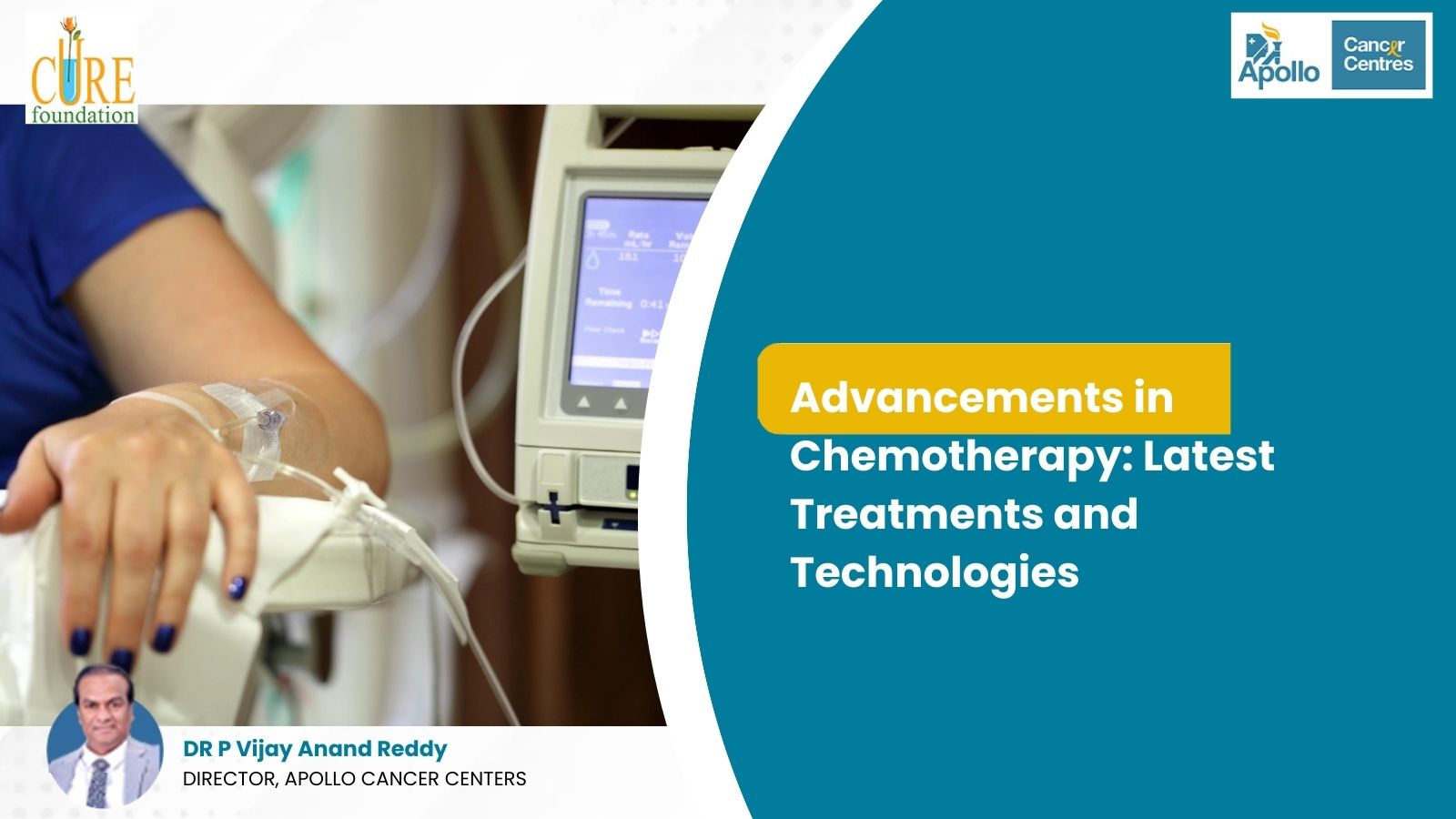Chemotherapy and the Evolution of Cancer Treatment Technology
Chemotherapy has long been a cornerstone in the fight against cancer, traditionally involving the use of drugs to eradicate cancer cells. Over the years, significant advancements in cancer treatment technology have enhanced the efficacy and reduced the side effects of these treatments. This article explores the latest advancements in chemotherapy, focusing on innovative treatments and technologies available.
Targeted Therapy
One of the most significant advancements in the field of chemotherapy is the development of targeted therapies. Unlike traditional chemotherapy, which indiscriminately affects all rapidly dividing cells, targeted therapies aim to specifically attack cancer cells without harming normal cells. This specificity is achieved by identifying unique markers associated with cancer cells and developing drugs that target these markers. As a result, patients experience fewer side effects, and treatment outcomes are generally improved. This is a clear example of how cancer treatment technology is reshaping oncology.
Immunotherapy Integration
Immunotherapy, a treatment that leverages the body’s immune system to fight cancer, is increasingly being used in conjunction with chemotherapy. This combined approach can be more effective than either treatment alone. For instance, certain immunotherapy drugs can expose cancer cells to the immune system, which chemotherapy can then more effectively target and destroy. This synergy not only enhances the efficacy of treatment but also opens up new possibilities for treating cancers that were previously considered challenging. The integration of immunotherapy reflects the progressive direction of cancer treatment technology.
Nano-technology in Chemotherapy
Nanotechnology has revolutionized many fields, including chemotherapy. Nano-chemotherapy involves the use of nanoparticles to deliver chemotherapeutic drugs directly to cancer cells. These nanoparticles are designed to be absorbed preferentially by cancer cells, minimizing the exposure of healthy tissues to toxic chemotherapy drugs. This technology not only increases the effectiveness of the drugs but also significantly reduces the side effects associated with traditional chemotherapy. Nano-technology stands at the forefront of cancer treatment technology, enabling precision in cancer care.
Dosage Optimization Technologies
Advancements in dosage optimization technologies have also significantly impacted chemotherapy. Sophisticated algorithms and computer models can now predict how a patient will respond to a given chemotherapy drug, allowing oncologists to tailor dosages to individual patients. This personalized approach ensures that each patient receives the optimal dose for their specific condition, maximizing efficacy while minimizing harmful side effects. This tailored approach is a shining example of how cancer treatment technology is becoming increasingly patient-centric.
Real-Time Monitoring Systems
Real-time monitoring systems represent another technological advancement in chemotherapy. These systems use sensors and devices to continuously monitor the patient’s response to chemotherapy, providing real-time data to healthcare providers. This information can be used to make immediate adjustments to the treatment regimen, enhancing the effectiveness of the therapy and reducing the risk of complications. Real-time data usage exemplifies the progress made possible by cutting-edge cancer treatment technology.
Personalized Care and Innovation in Hyderabad
The field of chemotherapy is evolving rapidly, with new treatments and cancer treatment technology continuously emerging to improve the safety and effectiveness of cancer care. From targeted therapies and immunotherapy to nanotechnology and real-time monitoring, these advancements represent a new era in cancer treatment. For those seeking Chemotherapy in Hyderabad, the local medical infrastructure, including renowned oncologists such as Dr. Vijay Anand Reddy, is well-equipped to offer these innovative therapies. This ensures that patients receive the best possible care in their fight against cancer.
Additionally, early diagnosis plays a critical role in treatment outcomes. Awareness of conditions such as throat cancer symptoms can lead to earlier interventions and more successful results when paired with modern cancer treatment technology.

